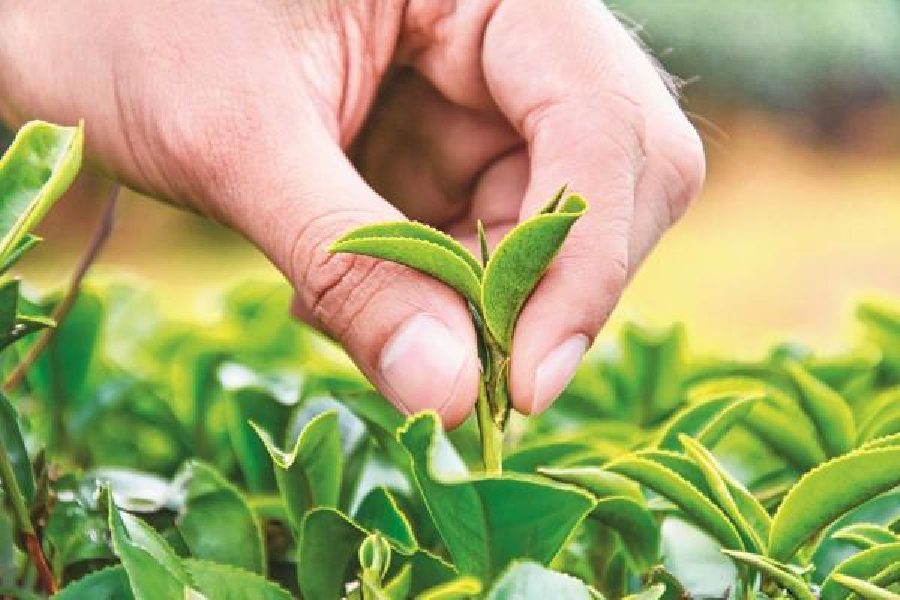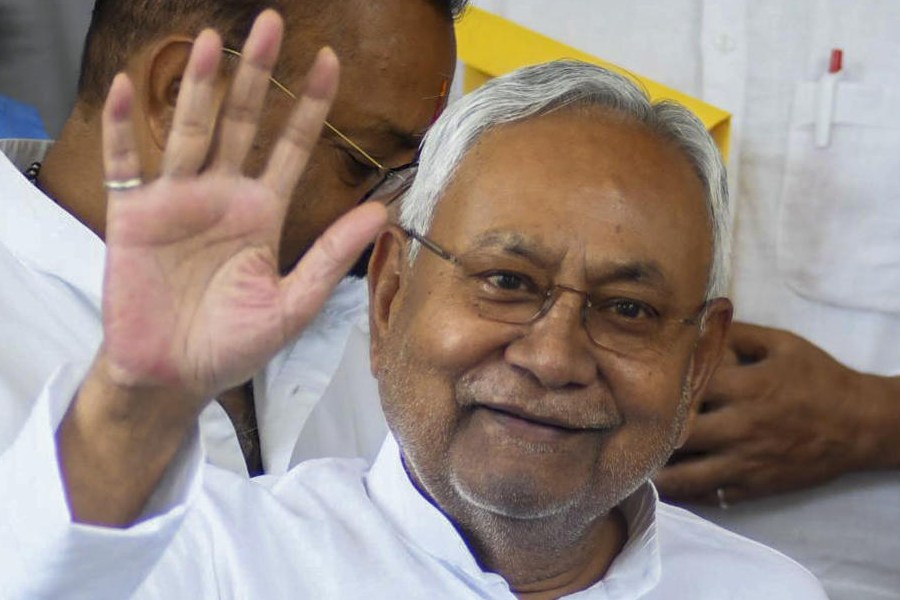Chief minister Mamata Banerjee on Tuesday accused the Narendra Modi government of creating a livelihood crisis for around 10 lakh people associated with the small tea sector in north Bengal.
Mamata, who has been staying in Chalsa of Jalpaiguri for the past couple of days, said a directive from the Centre has posed a crisis for these people and their families.
Since Monday, a crisis has cropped up in the small tea sector as bought-leaf factories (BLFs) or standalone tea processing units that buy tea from small tea growers have stopped accepting teas from them unless the tea leaves bear certain lab test reports.
“This is because the Tea Board and the Food Safety and Standards Authority of India have decided that regular checks will be conducted in tea processing units to find out whether banned fertilisers and chemicals are present in any tea. If such a presence is found in any sample, the entire quantity of tea has to be destroyed and cannot be sold in the market,” said a veteran tea planter.
Mamata, interacting with reporters, said: “The directive was issued ahead of the elections and is affecting the livelihood of these people. Is this yet another stunt? The crisis has been created ahead of the Prime Minister’s visit. Now, he will come and say that he will take care of it. Last time (in 2019), he had also said that he would reopen closed gardens."
Modi is scheduled to be in Jalpaiguri on April 4 and address a public meeting at a ground in Dhupguri block. On the same day, Mamata will speak at a similar meeting in Mathabhanga of Cooch Behar.
As BLFs don’t have their plantations, the North Bengal Tea Producers’ Welfare Association which represents the BLFs has decided to buy tea leaves only from the small tea growers that have compliance test reports of the FSSAI on maximum residue limit (MRL) parameters from April 1. As a result, many small tea growers have no buyers.
In Bengal, around 65 per cent of the total tea is produced in the small tea sector while tea estates contribute the remaining portion. There are around 50,000 small growers in the region.
Bijoygopal Chakraborty, the president of Confederation of Indian Small Tea Growers Associations, said they have started campaigning among growers to ensure that no banned fertiliser or chemical is used in plantations.
“Altogether, around 10 lakh people are dependent on the sector and include first-generation rural entrepreneurs. It is not possible for a small tea grower to get every batch of green tea leaves tested in labs. We don't know how to get out of this situation,” he said.
Chakraborty said many growers engage workers to pluck tea leaves. “If we can’t sell the leaves, how can we pay wages to workers? We fear labour unrest in the sector,” he added.
A small tea grower based in Jalpaiguri said they can’t blame the BLFs. “It has been clearly mentioned by the tea board and allied agencies that producers will be held responsible if any tea has banned chemicals, irrespective of the source of the tea,” he said.
Mamata, who was apprised about the issue by Anit Thapa, the chief executive of the Gorkhaland Territorial Administration, said the Centre acted in haste.
“The directive is sudden. The growers need some time to adjust to the new system. Without an alternative plan..., such a decision is unacceptable,” said Mamata.
She also asked state labour minister Moloy Ghatak to look into the issue. “The number of jobless people is steadily on the rise across the country. Now, the Centre is trying to make these people (tea growers) unemployed...,” said the chief minister.











